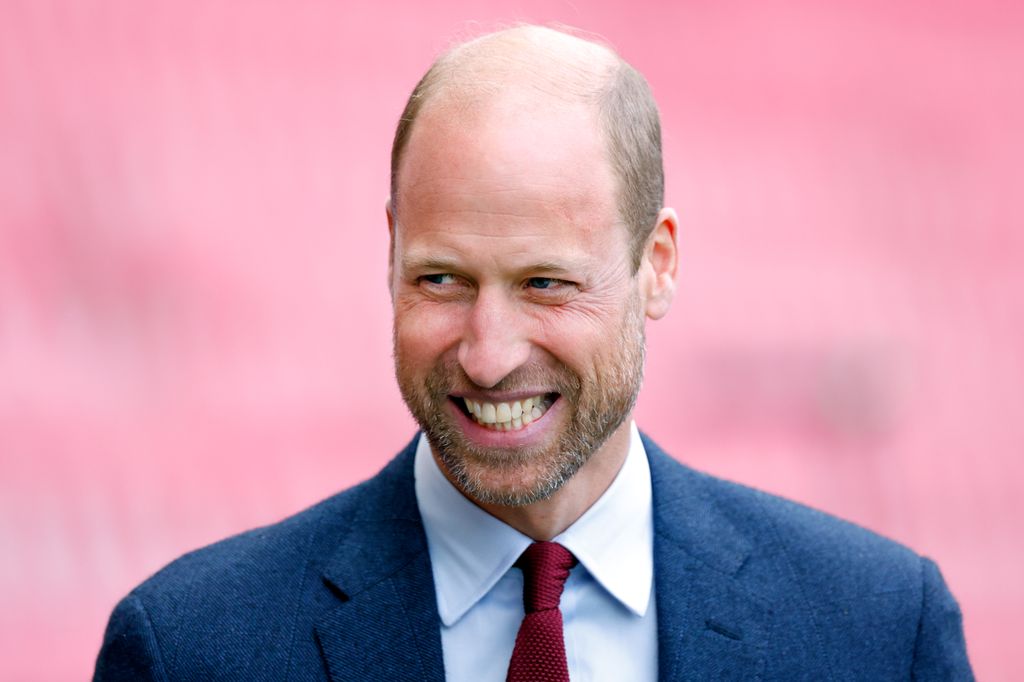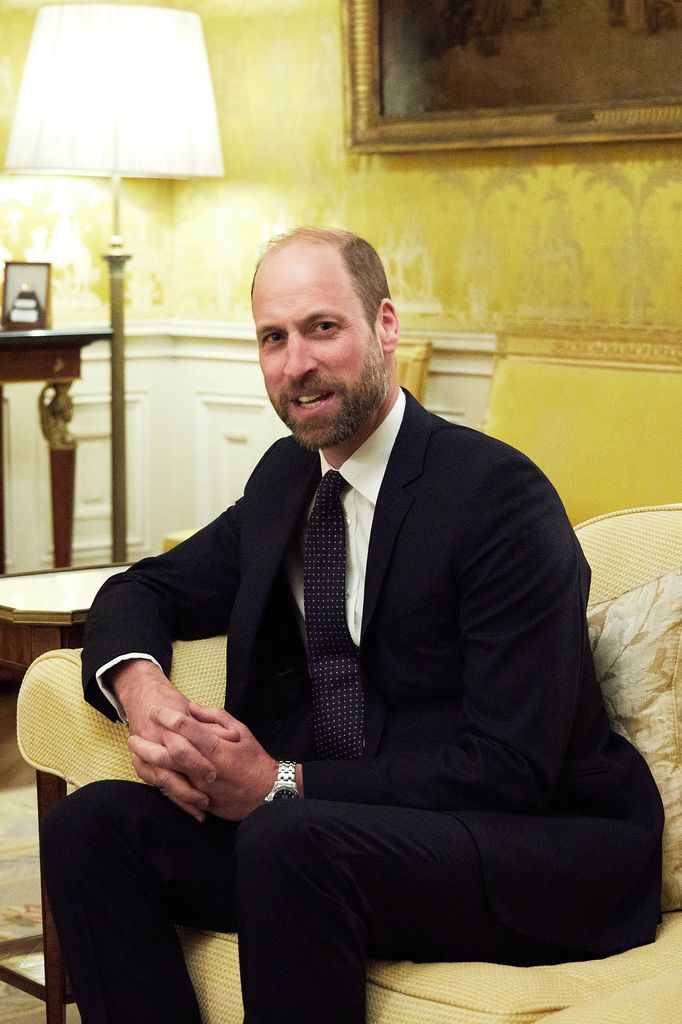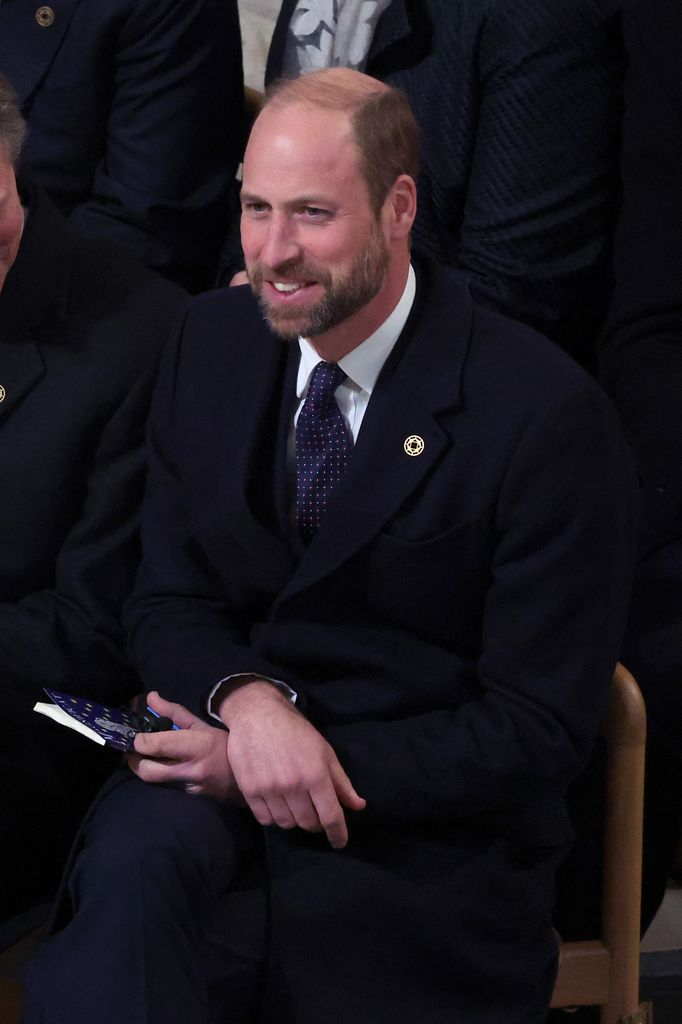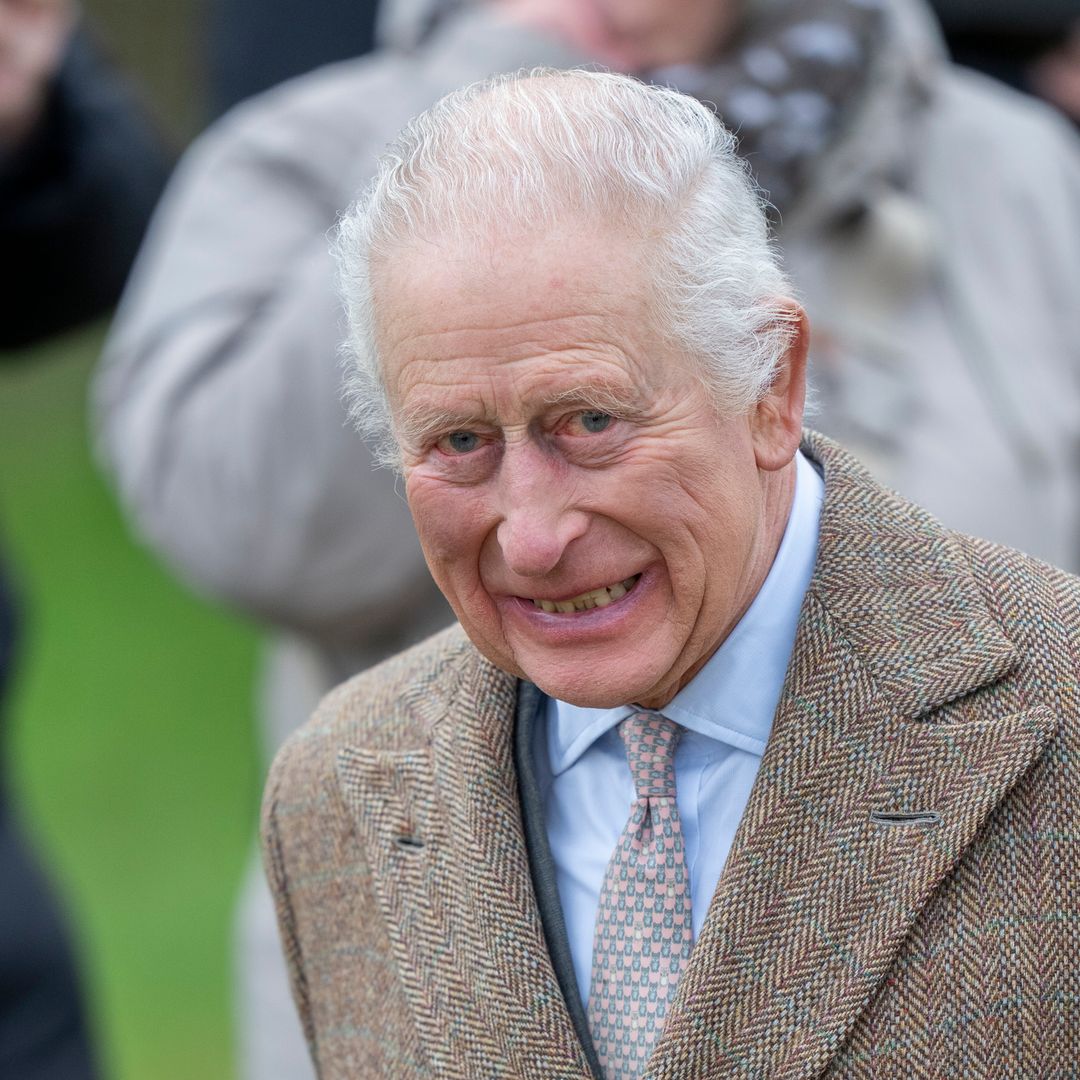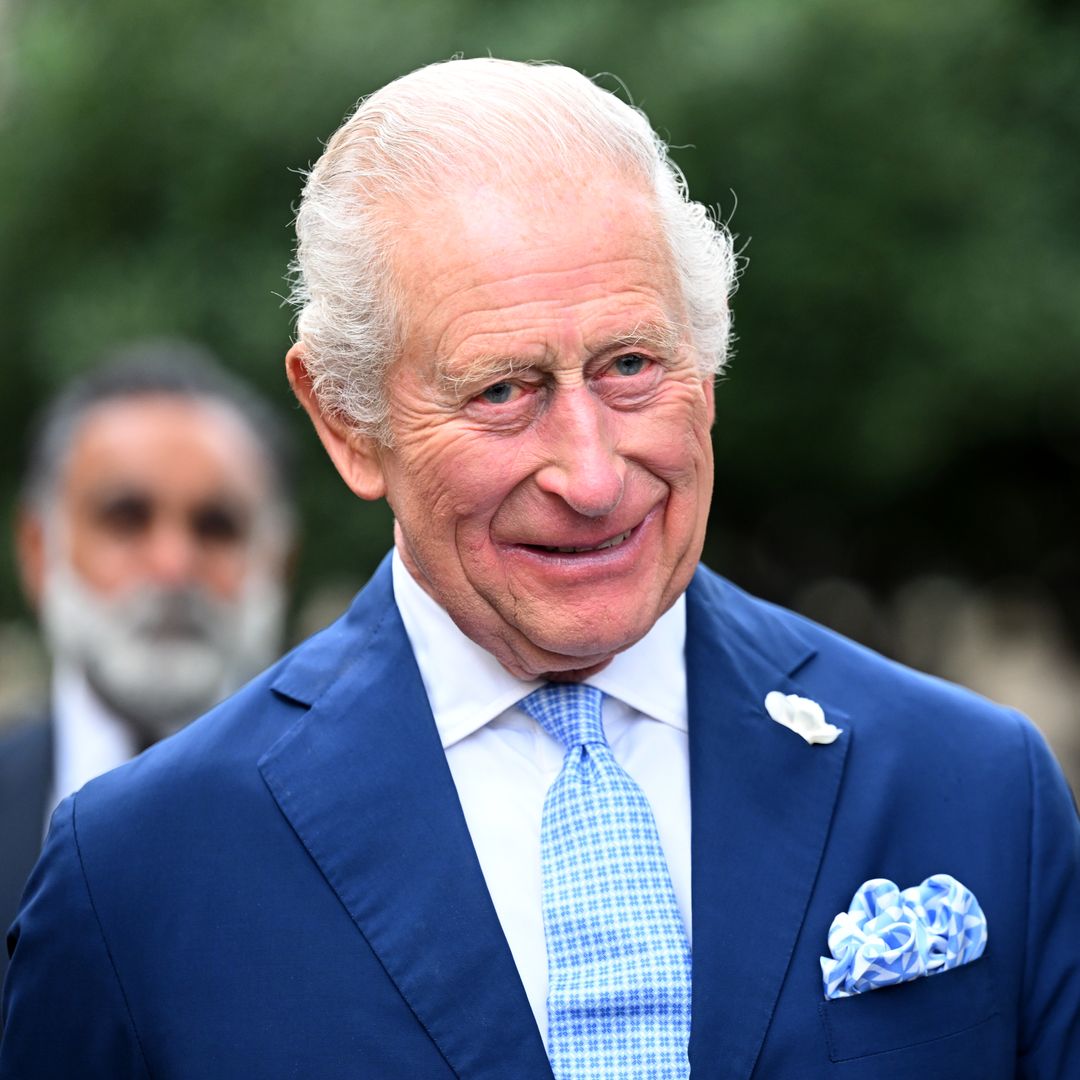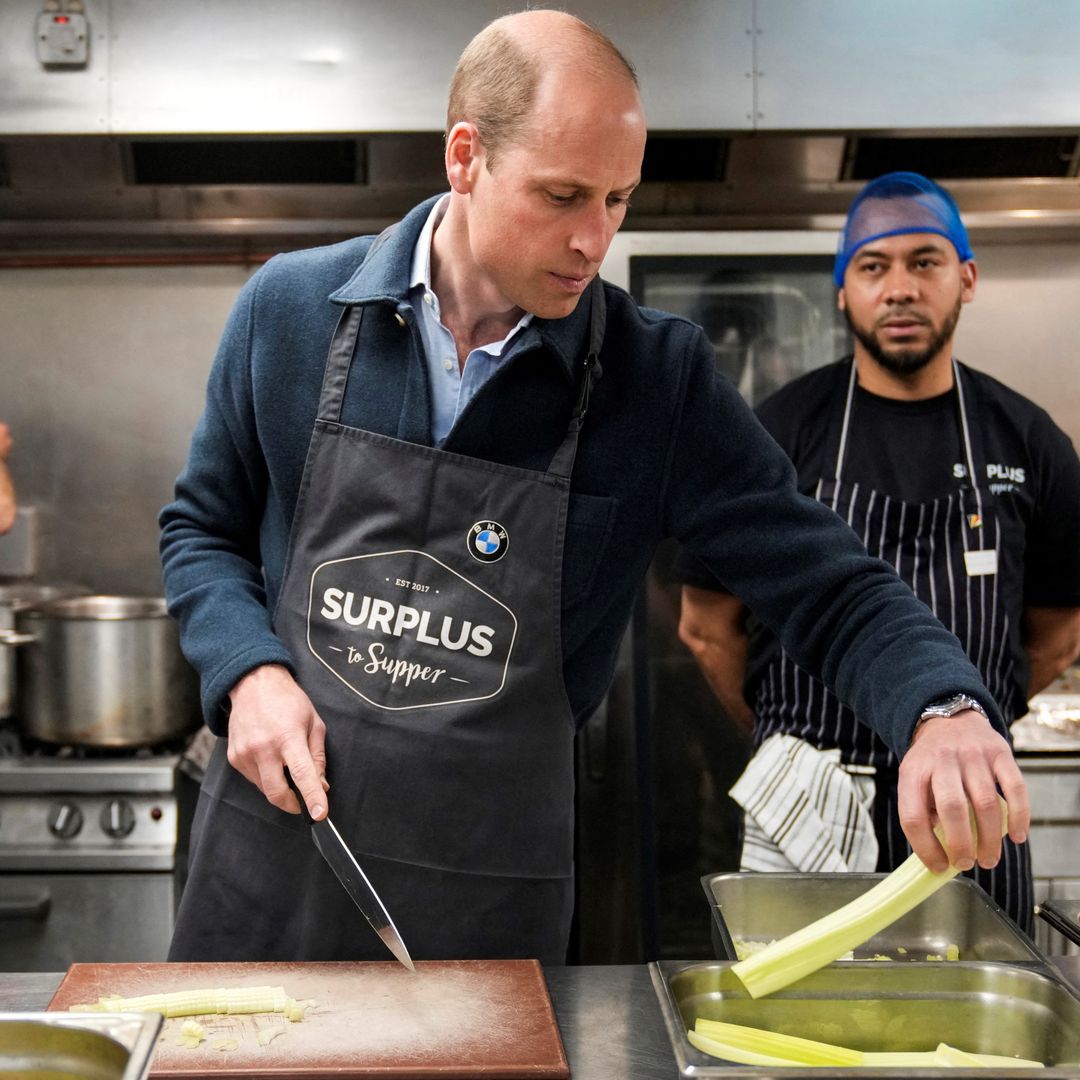Prince William caused a stir this summer when he emerged from his seasonal break sporting dishevelled facial hair.
While his daughter, Princess Charlotte, reportedly wept at the sight of him, his slightly undone look delighted the public – and it wasn't just female admirers taken with his laidback look.
According to hair transplant clinic Estenove, since William debuted his facial hair, demand for beard transplants has trebled.
"We've seen more and more people seeking beard transplants as they become aware that this surgery is available and very reliable," says Estenove's co-founder Murat Alsac.
"In recent months, the interest has gone through the roof. The number of transplants we are carrying out has increased by 200 per cent, and we have christened it the 'Prince William effect'," he says. "People are bringing in pictures of Prince William on their phones and saying: 'Make me look like that.' They think it looks rugged and masculine.
"Previously, they might have cited Prince Harry, but right now it's all about his brother. People seem captivated that one of the most famous men in the world has chosen to grow a beard and they like his new look."
Beard transplants explained
While hair transplants are relatively common, beard transplants are less well-known. The procedure is carried out under local anaesthetic and takes between three to five hours, depending on how many follicles need to be transplanted.
The operation sees hair follicles collected from a donor site (normally the back of the head) which are then grafted to the beard area, with the procedure costing £2,700.
Mr. Alsac notes that while beard hair loss is rarely spoken about compared to traditional hair loss, many men have or develop problems growing beards, sideburns and moustaches.
SEE: Prince William's subtle PDA for wife Kate you might have missed
"It's surprisingly common for people to be unable to grow a full face of facial hair, which can have a genetic background, or for them to develop gaps which make their beard look patchy," he says. "These problems are today reversible with a beard transplant. Any areas on the face where there are gaps can be filled. We can treat those with unevenly distributed hair along the jawline, slow growth and patchy hair. The technology has improved massively in recent years and means clients can choose the shape, density and style of the beard.
"The success rate is high, and it is the most effective solution to restore or grow a new beard. The result is entirely natural, and the solution is long-lasting and permanent. It leaves no scars, and it's a painless procedure."
We wonder how William feels about being the inspiration behind beard makeovers.

